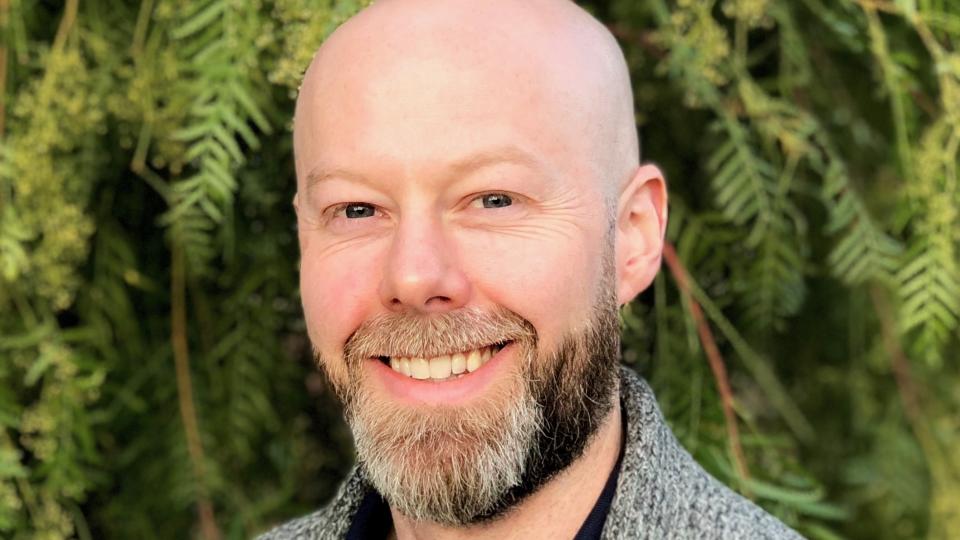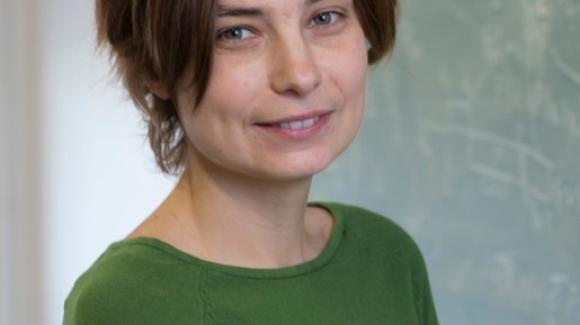
News
John P. Barton (Pittsburgh University), invited professor at QBio
Published on
11 July 2024
, updated on
11 July 2024
Image

John P. Barton, from Pittsbught University, will be an invited professor at QBio for a few months.
John Barton's lab develops quantitative methods to study how pathogens evolve and interact with their human hosts. His goal is to improve our understanding of evolving pathogens, and ultimately to develop better therapies and vaccines to fight against them. John originally obtained his PhD in Physics from Rutgers University. He is now an Associate Professor in the Department of Computational and Systems Biology at the University of Pittsburgh School of Medicine.
- Can you tell us more about your work at the University of Pittsburgh?
I'm an associate professor in the Department of Computational and Systems Biology at the University of Pittsburgh. My lab uses methods from physics to study evolution and the immune system. We're especially interested in understanding how viruses evolve as they replicate and are transmitted between individuals. For example, some of our recent work has quantified how different mutations contribute to the transmission of SARS-CoV-2. We've also studied how HIV-1 evolves to escape from human immune responses. In this area, our goal is to make quantitative models that are good enough to improve the design of vaccines or therapies to fight disease, as well as teaching us more about the biology of viruses.
Why did you choose to join QBio as an invited professor?
It's really an honor to be invited to visit and collaborate with the QBio program. I believe that ENS-PSL is one of the strongest research institutes worldwide for quantitative biology. I have been inspired by the work of many QBio members for years. I was also very fortunate to collaborate with QBio faculty Simona Cocco and Rémi Monasson when I first began working on biological problems, in the final years of my PhD in physics. I've learned a tremendous amount from this community and I'm grateful for the opportunity to interact with the QBio group during my stay.
What are your missions in QBio?
Even though we have a very good understanding of the physical laws of the universe, the behavior of biological systems remains difficult to predict and quantify. My goal is to advance the boundaries of what we can do with predictive models in biology. In some cases, this means developing new or improved mathematical models to include important biological information. In other cases, the models we have may be sufficient to make good predictions, but we need to understand how to learn the right model parameters from data. My group works in both of these areas, with a particular interest in problems that could have medical applications.




Be the first to review this item, please login or register.
Sign-inRegister